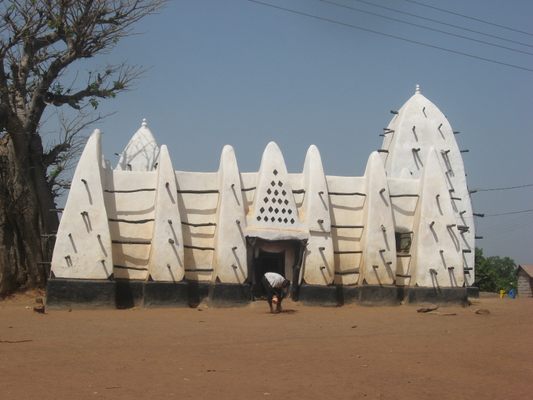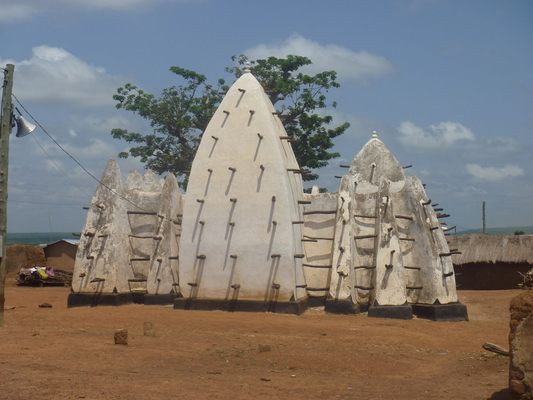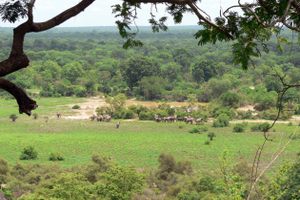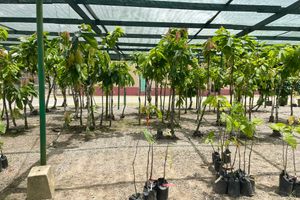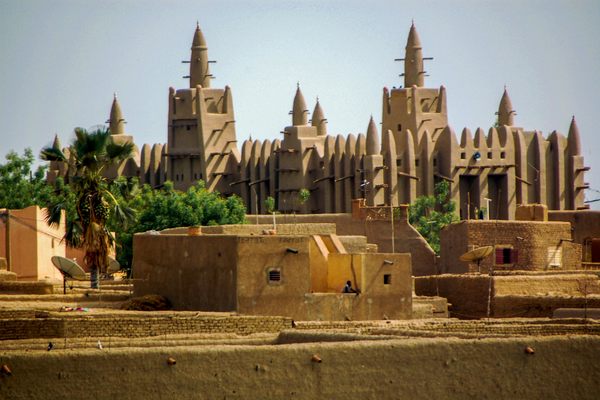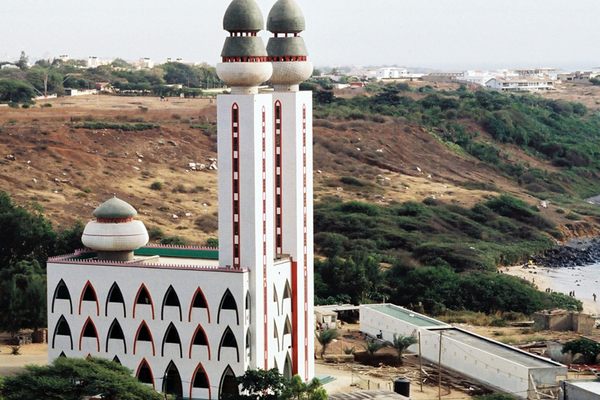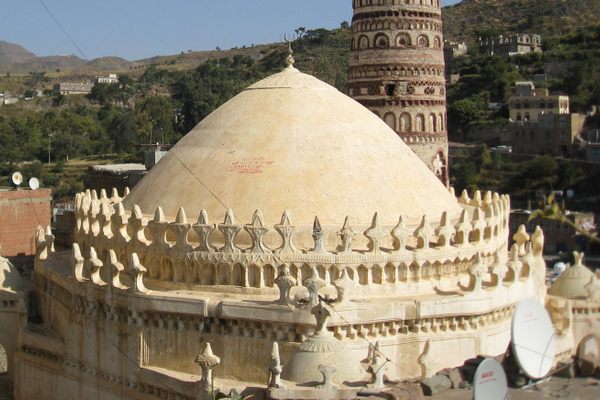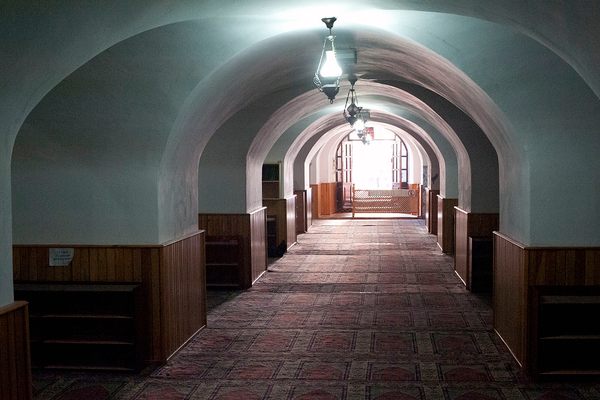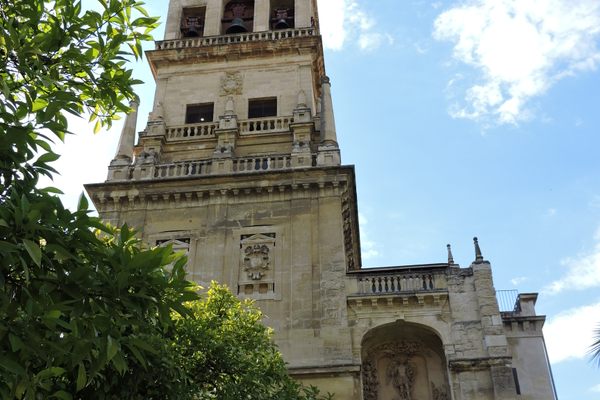About
The Larabanga Mosque is the oldest in all of Ghana, possibly in all of West Africa. It has survived for centuries despite inclement weather and bad reconstruction projects.
As the legend goes, Ayuba, a Moorish trader, was traveling across the Sahara in 1421 when he spent the night in the village of Larabanga. He received instructions in a dream to construct a mosque in the village, and when he awoke the foundations had already been set for him. He built the mosque in the traditional Sudanic-Sahelian style, from mud and reeds. Each side of the building bore a separate entrance: one for men, one for women, one for Larabanga's chief, and one for the muezzin who calls the community to prayer.
Ayuba remained in Larabanga for the rest of his life, and when his remains were buried beneath a nearby baobab tree, the leaves were said to have special healing powers.
By the 1970s the mosque was badly deteriorated and in need of reconstruction. A reconstruction crew applied cement to the walls in the hopes of strengthening them, but the mixture allowed moisture to penetrate the ancient wooden beams. A termite infestation followed, and a storm toppled the weakened minaret. With support from the World Monuments Fund, the Ghana Museums and Monuments Board, and American Express, the conservators then employed local artisans to fix their mistakes. They carefully removed the cement and reapplied a mud paste much like Ayuba had used 550 years prior. The minaret was rebuilt, the walls were whitewashed, and the mosque was restored to its former glory.
Today, perhaps because of the mistakes of the 20th century, the mosque is largely maintained by the local community. They still worship in the ancient building, but they also reap the profits of the many tourists who come to visit the holy site.
Related Tags
Know Before You Go
If you can, find a man from the village named Ibrahim. He works with the local orphanage and at Mole, and can help you coordinate a visit to the mosque. He is very passionate about his community and wants to share his culture with visitors. The official viewing fee for the mosque is GH¢ 1.00. Non-Muslims are not allowed to enter the mosque.
Community Contributors
Added By
Published
March 30, 2017

